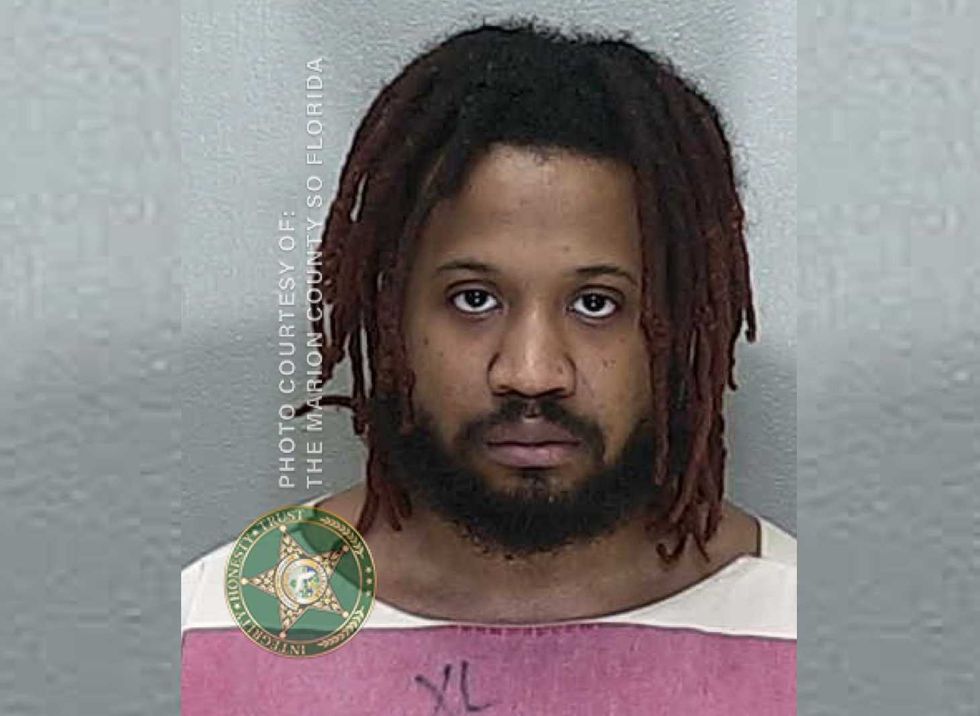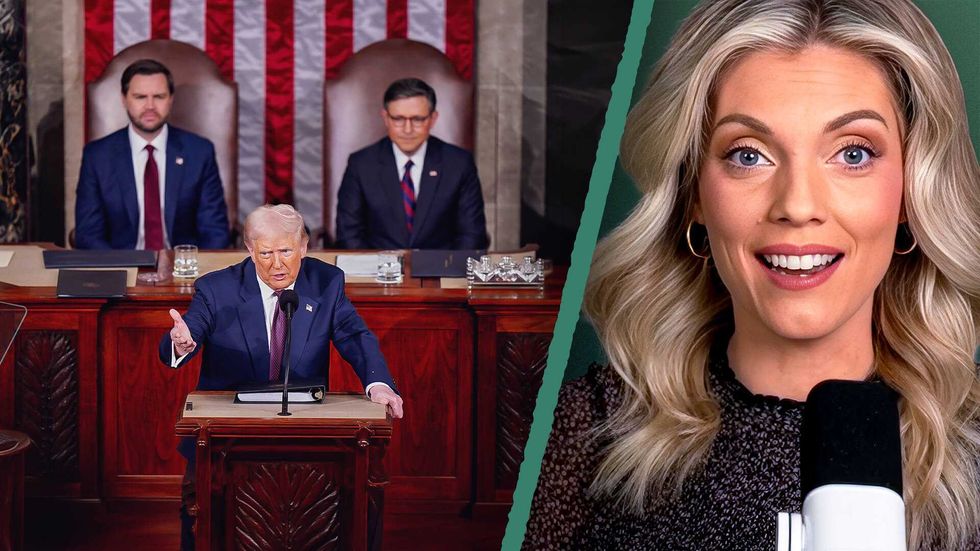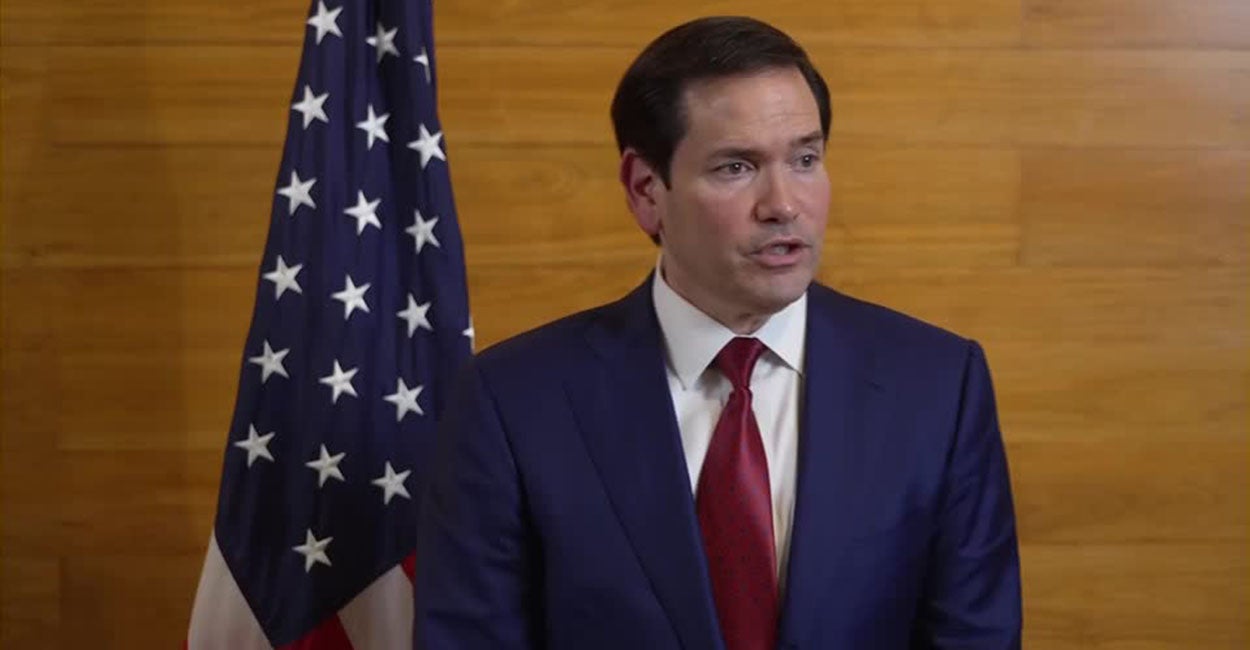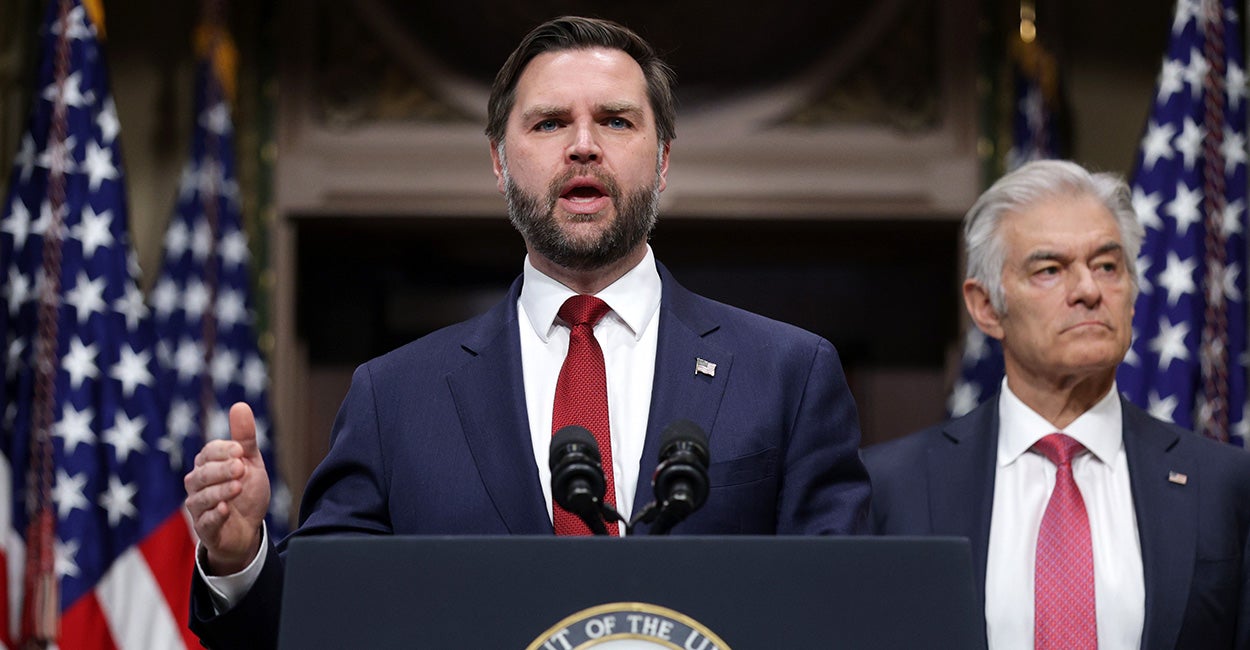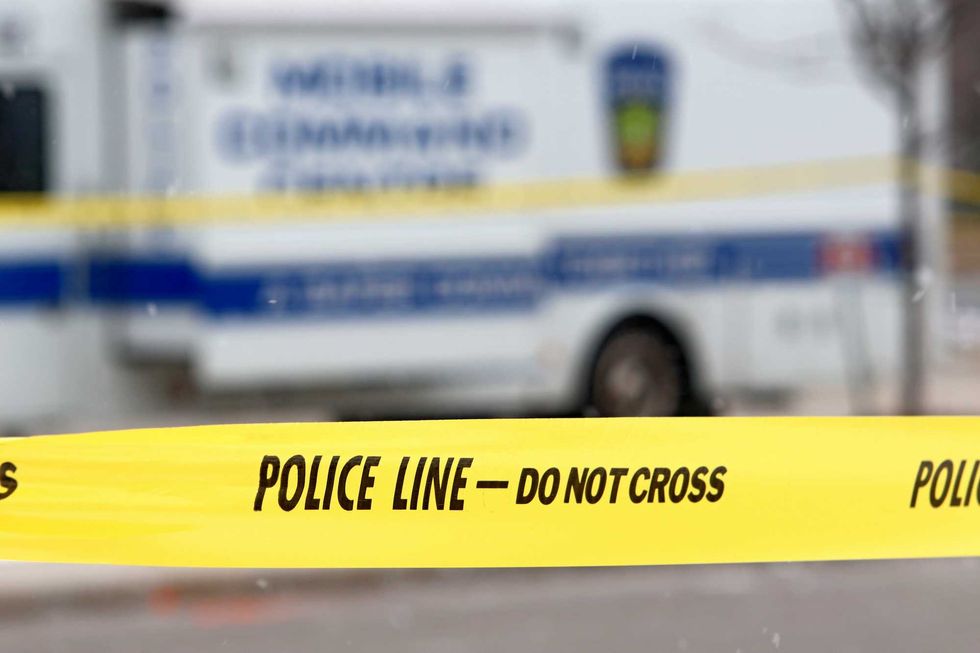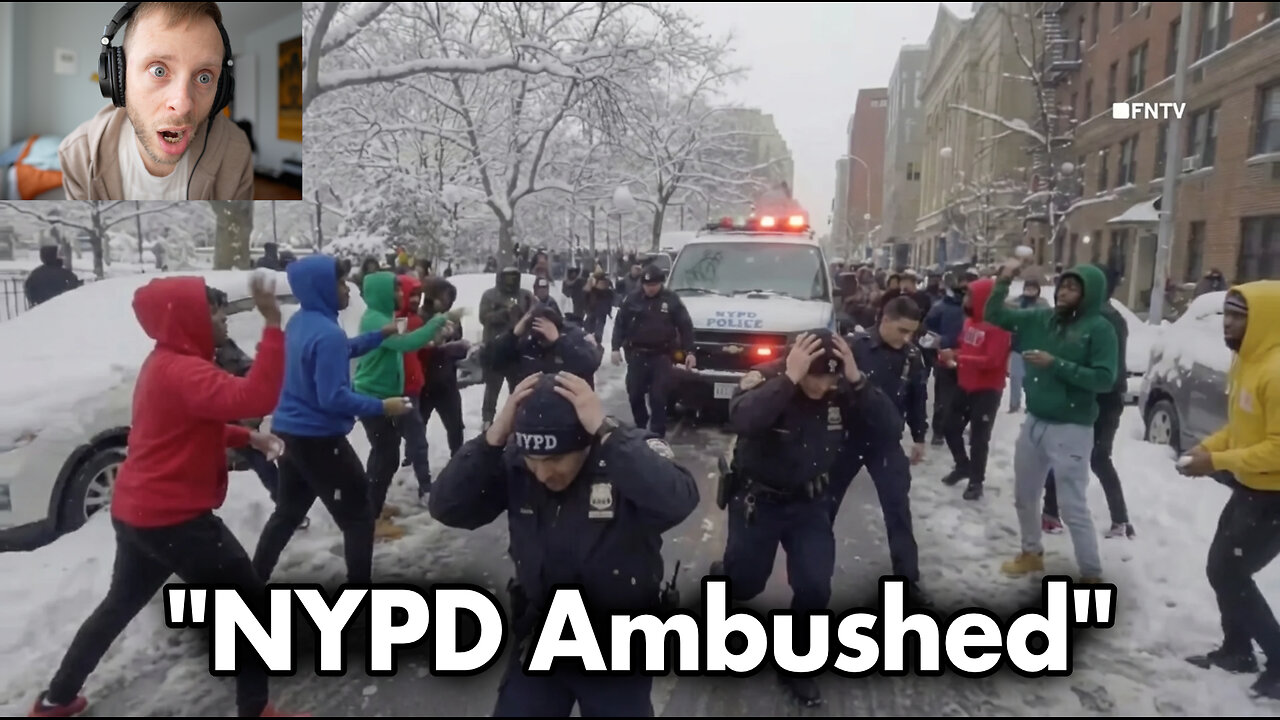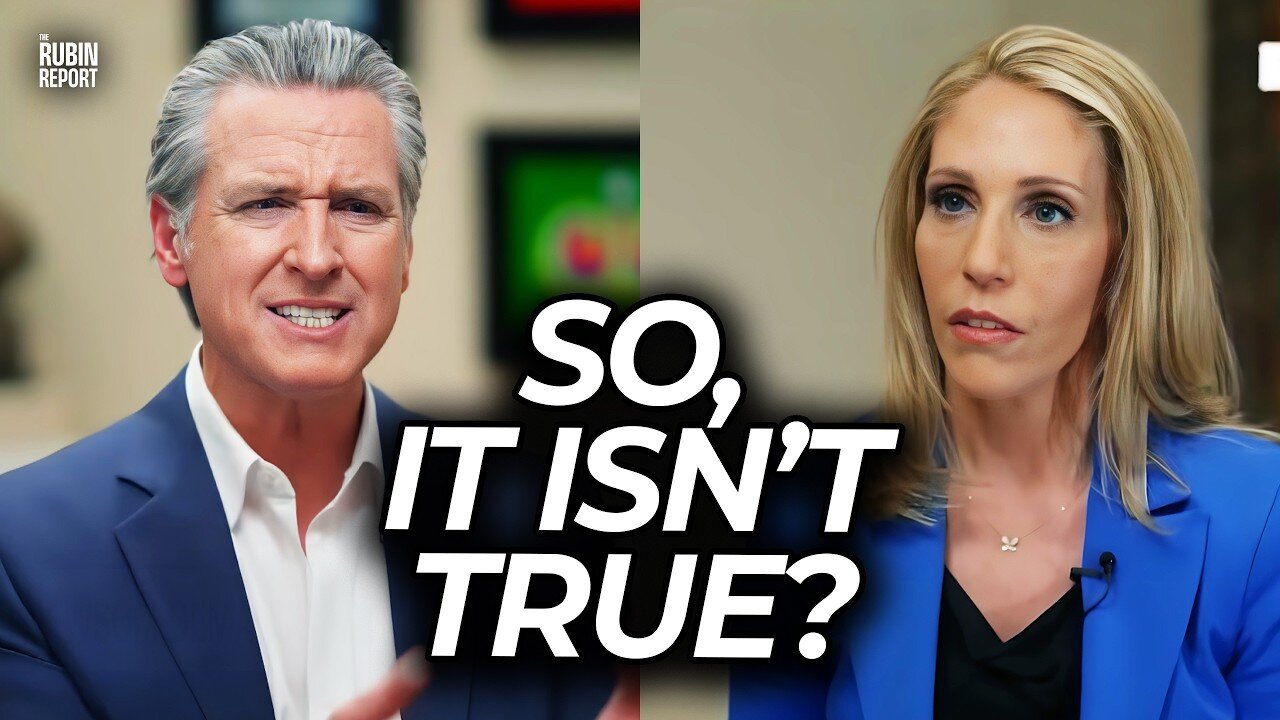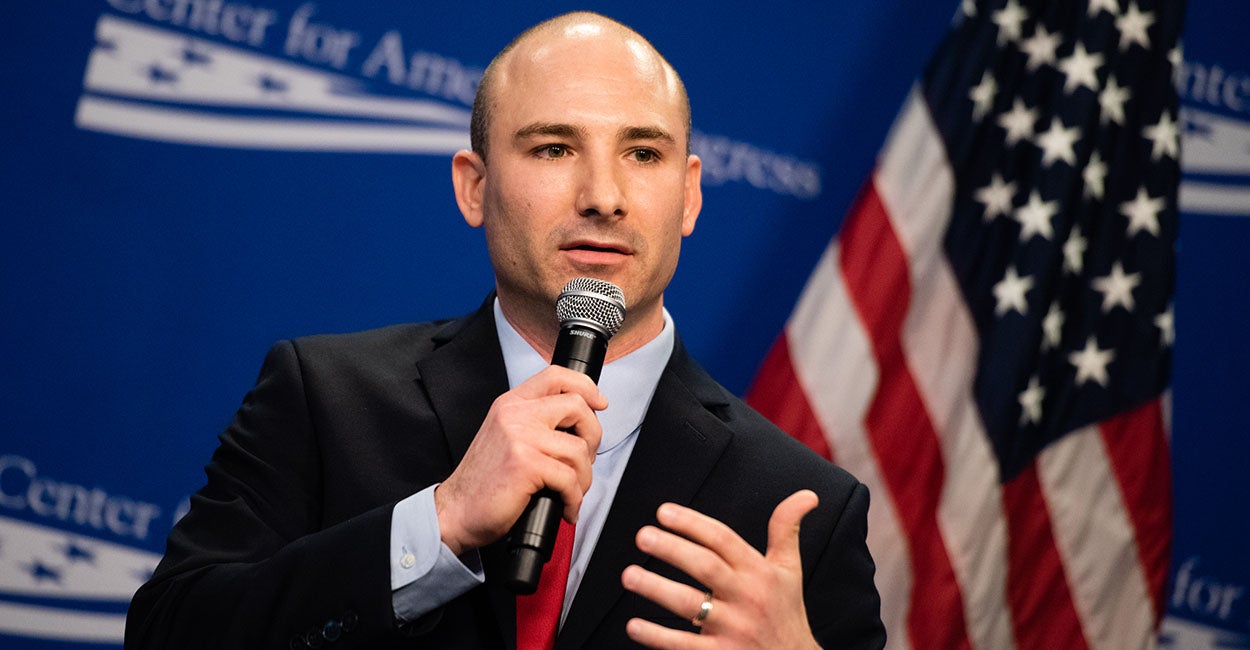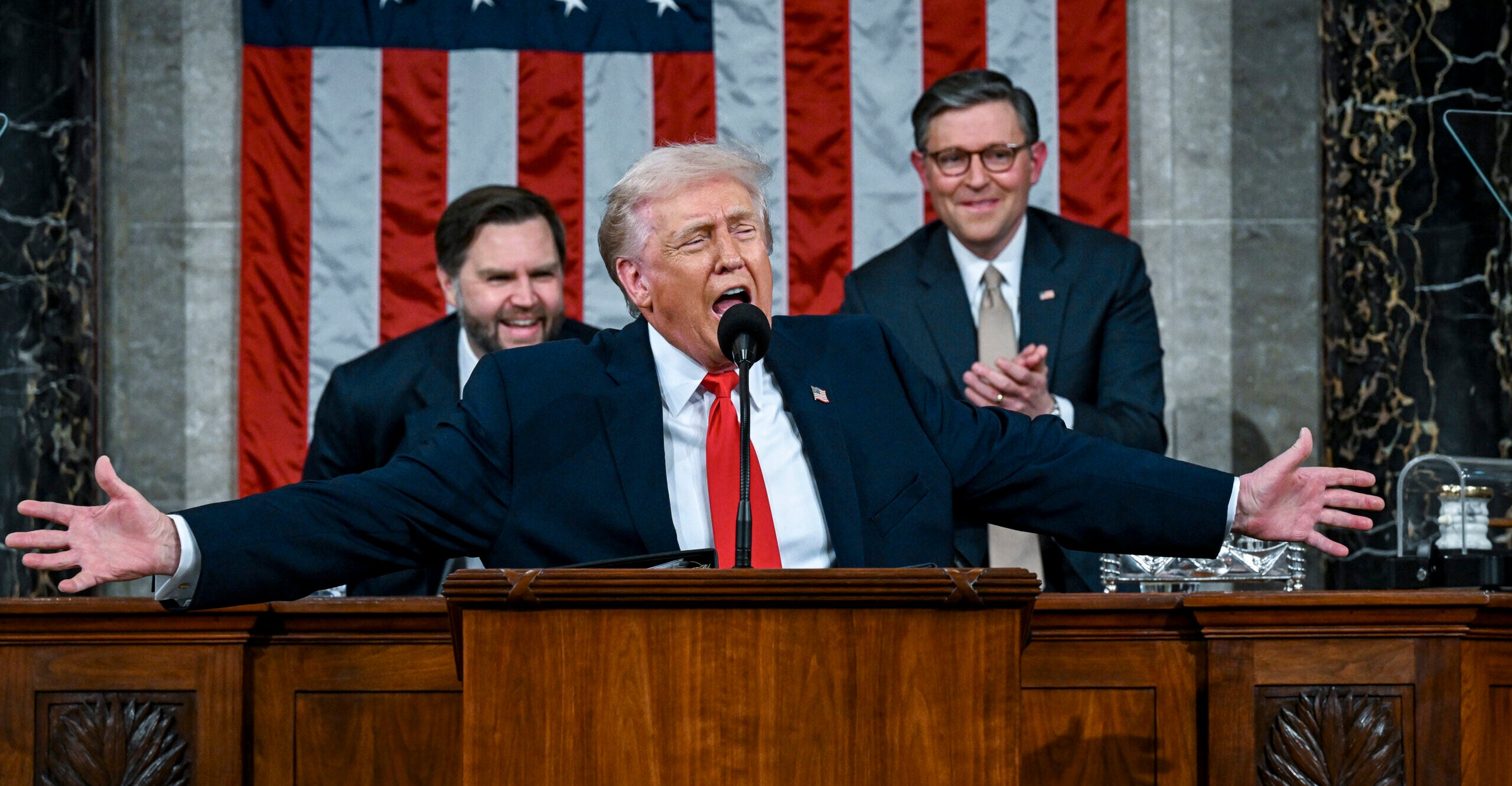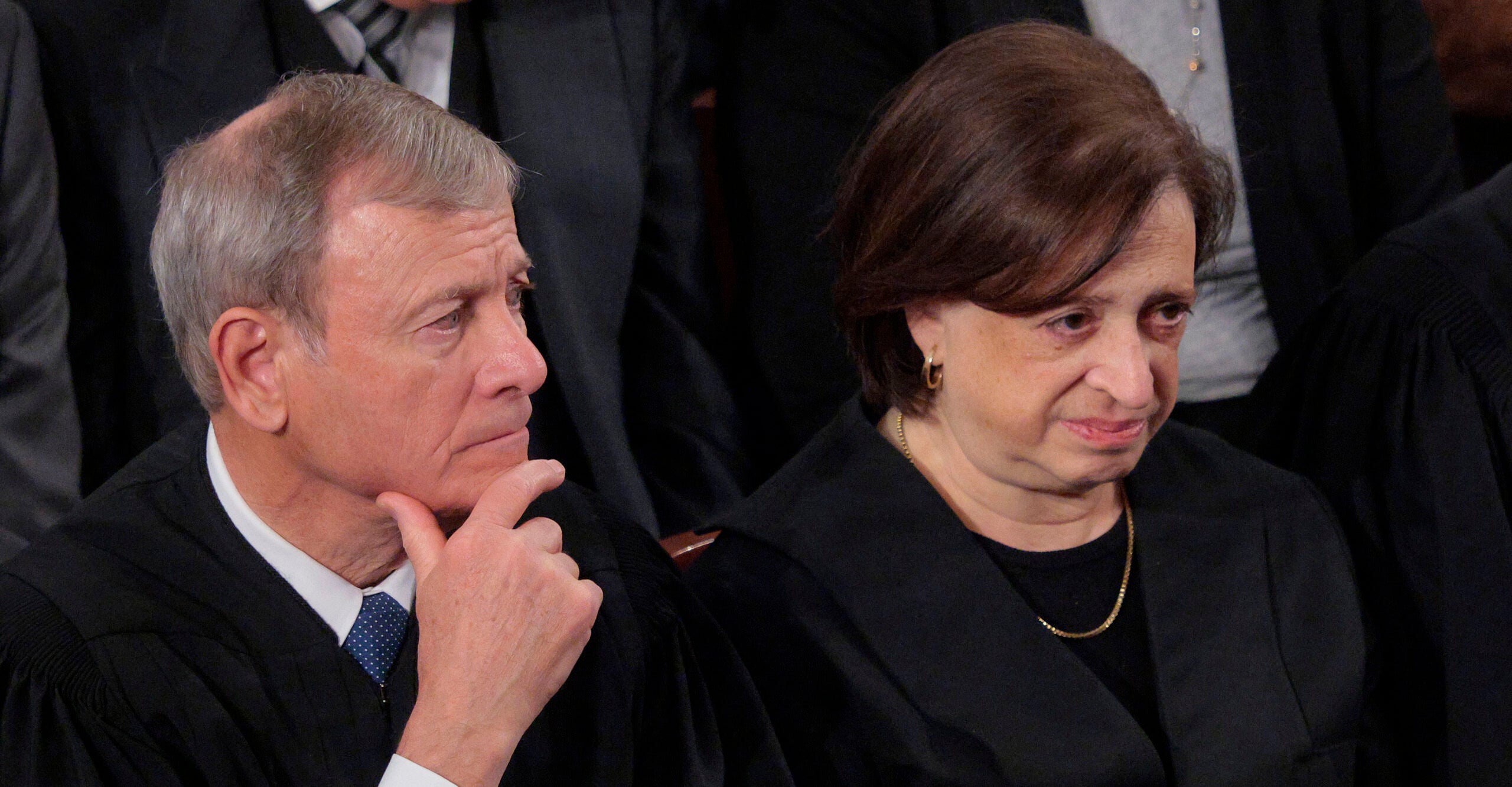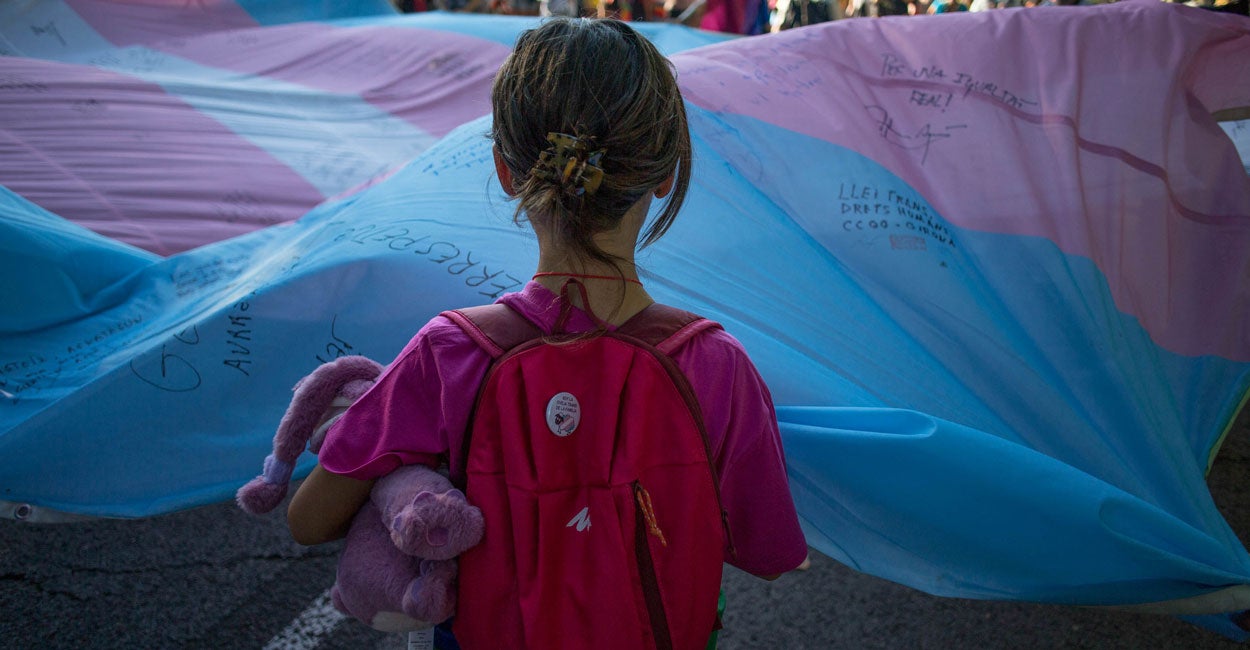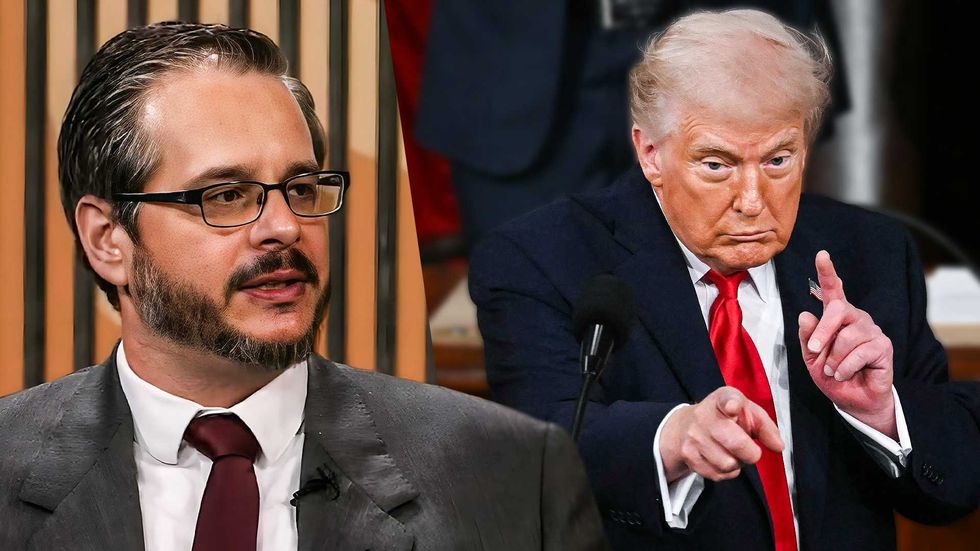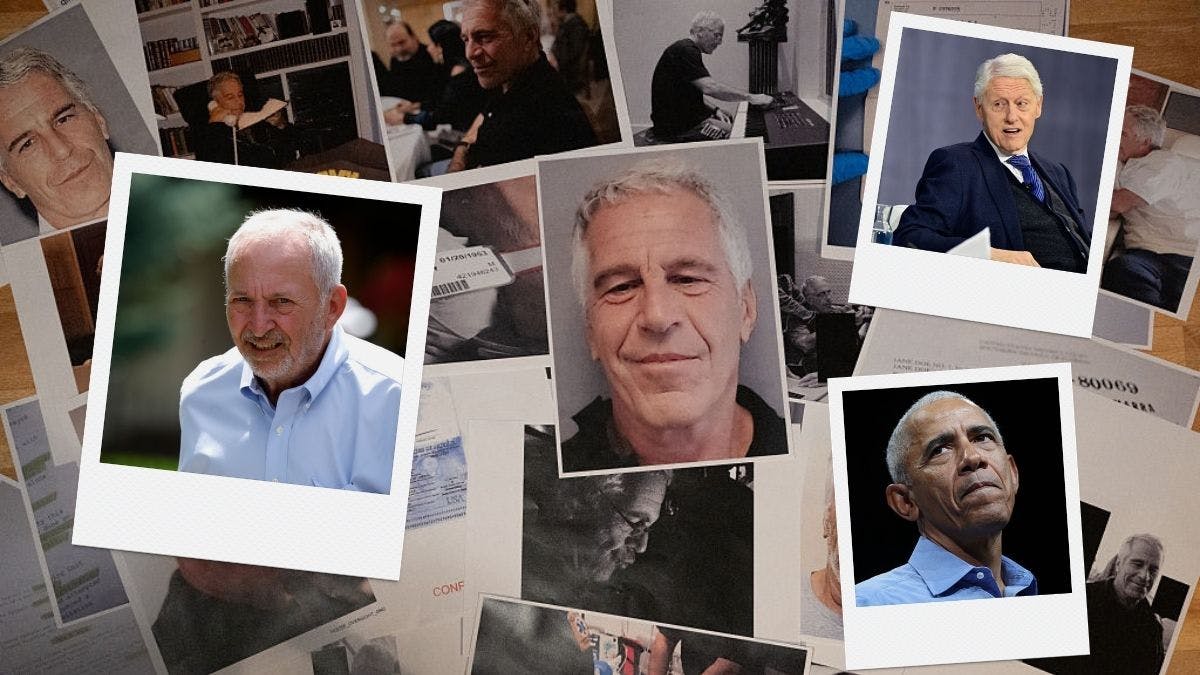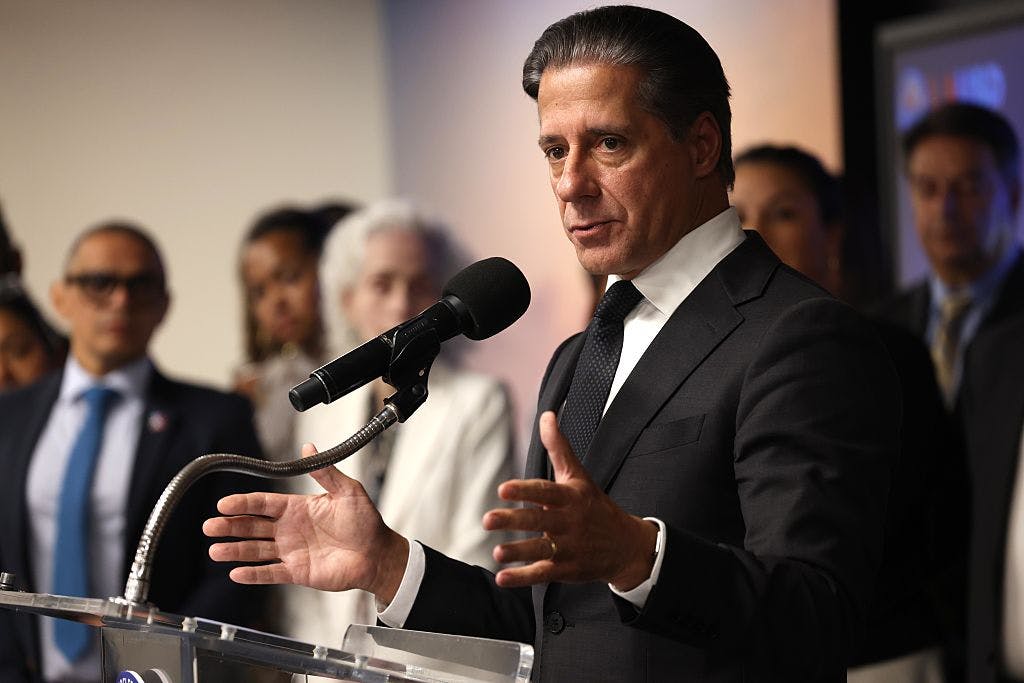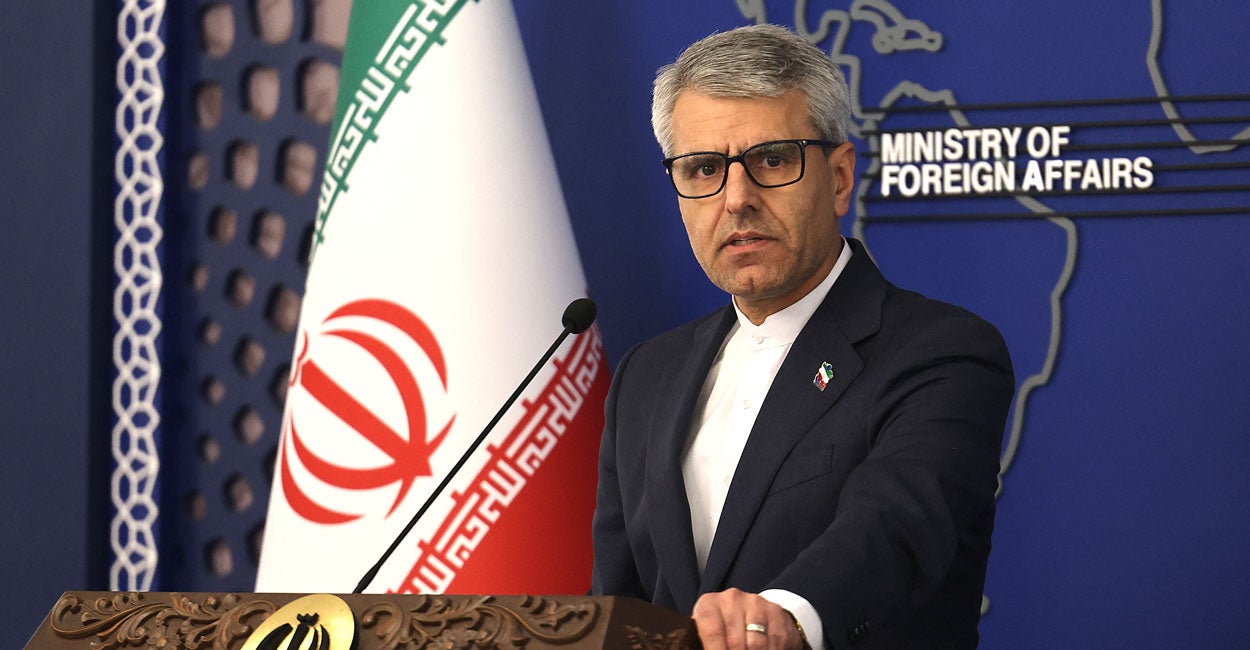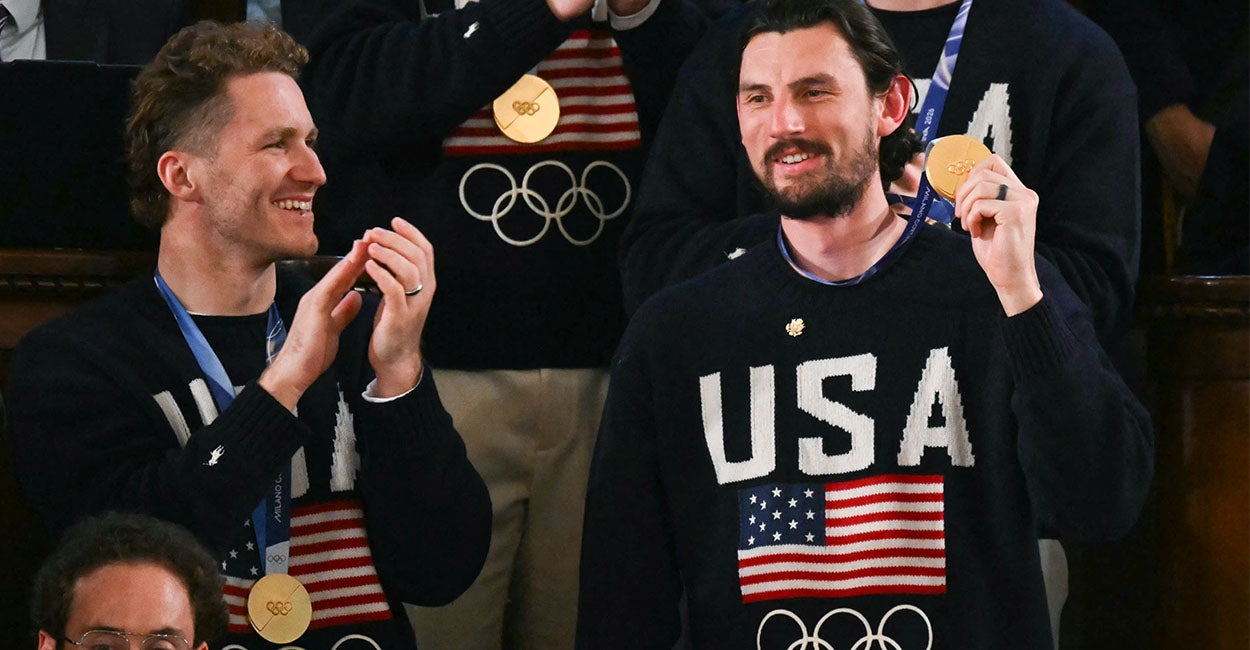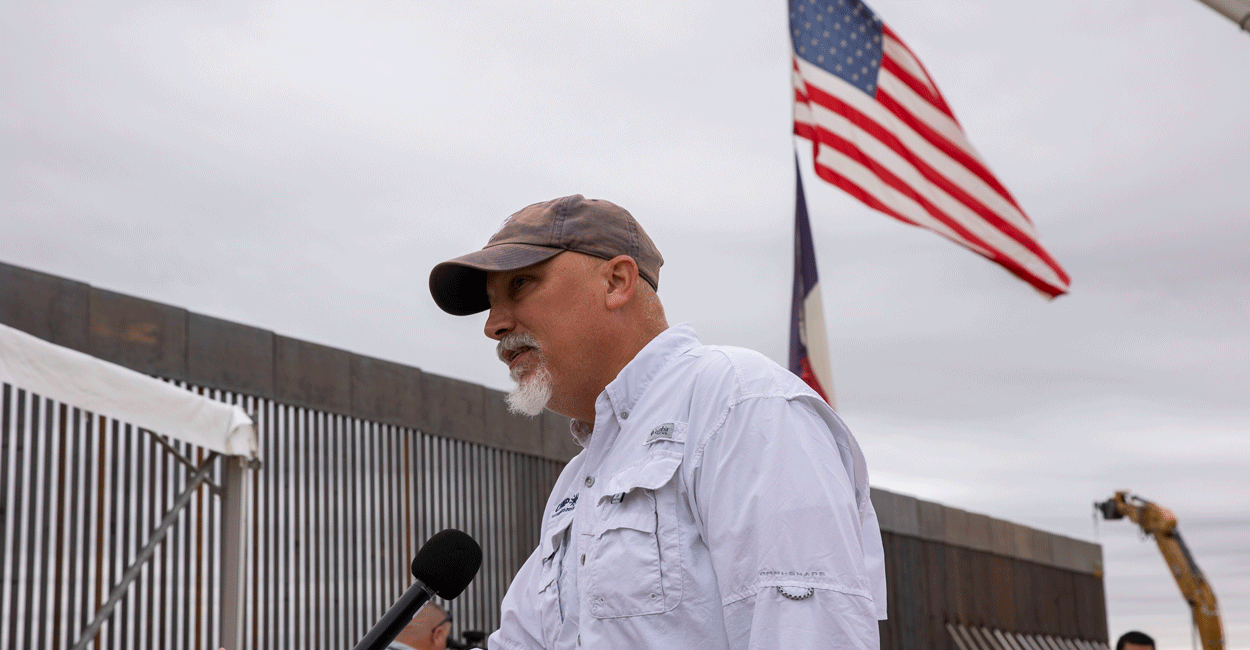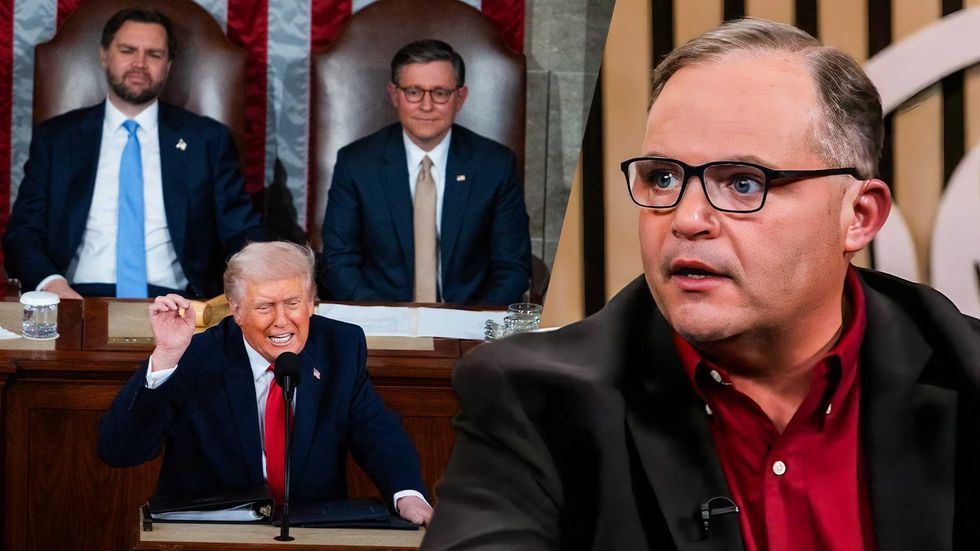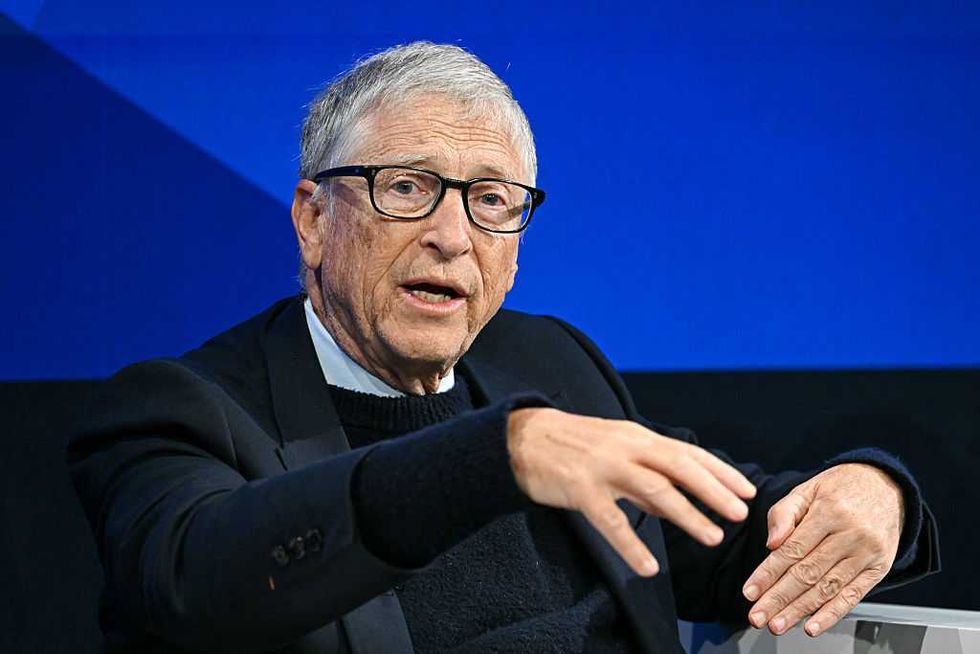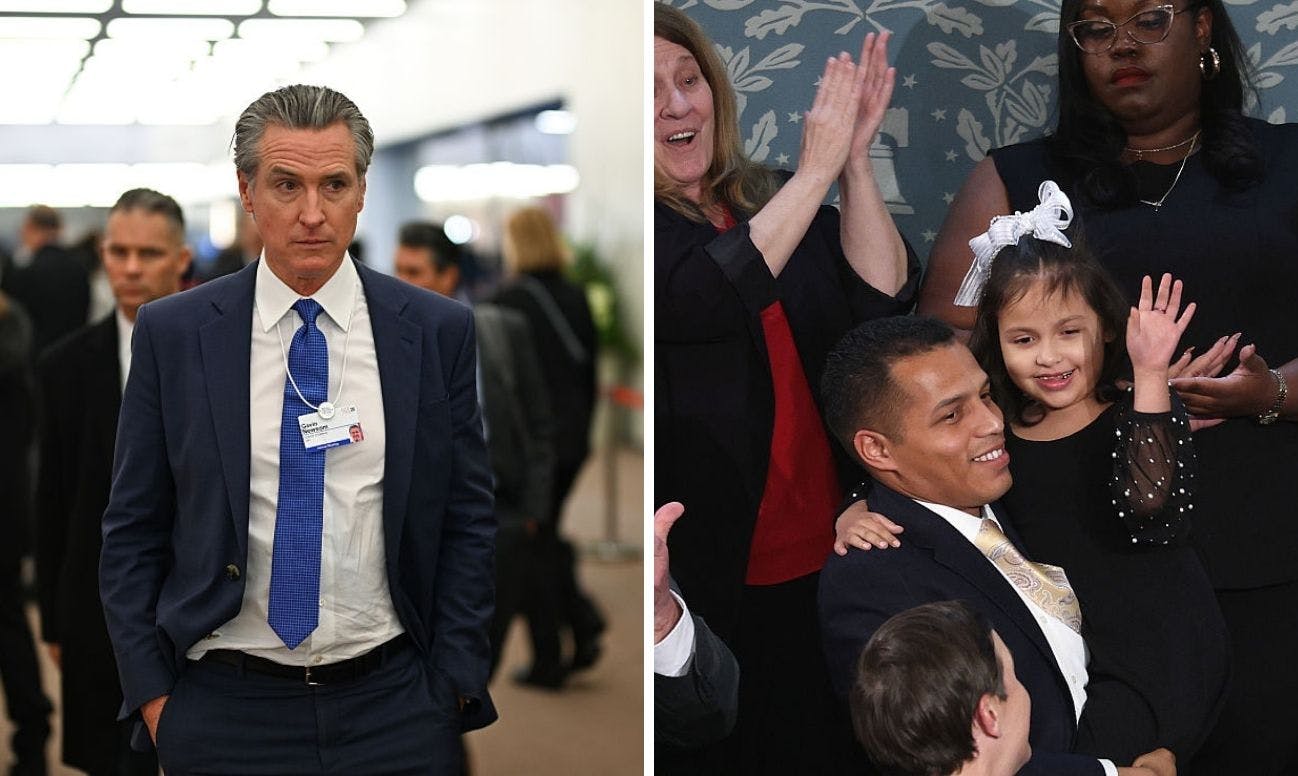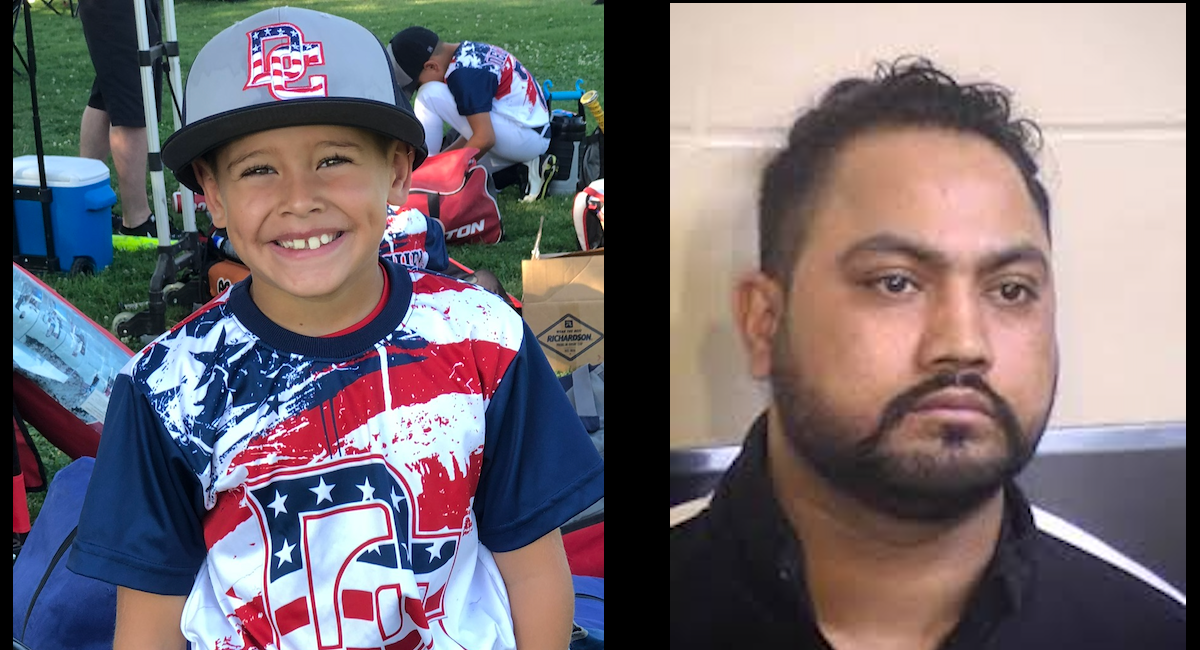America can’t call itself great if it forgets its caregivers
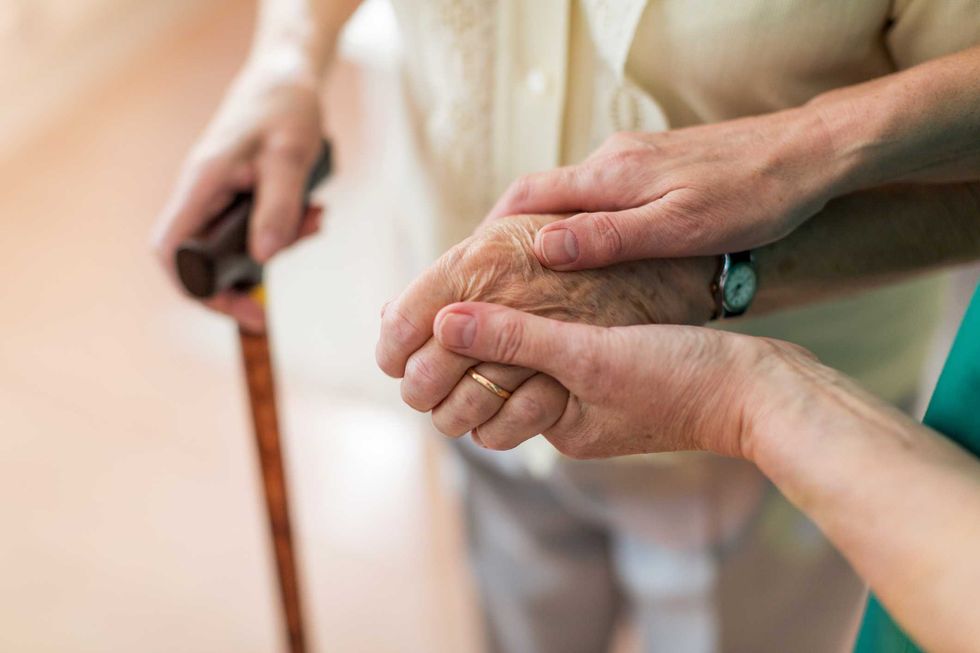

America loves to celebrate those who stand tall. Our founding ideals are built around independence, and we even set aside a holiday to honor it. We cheer for pioneers, entrepreneurs, and innovators who rise by their own strength.
Live Your Best Retirement
Fun • Funds • Fitness • Freedom
But a nation’s greatness is not measured by how it treats those who can stand alone. It is revealed by how it treats those who cannot stand at all.
A nation that calls itself compassionate must prove it, not only in speeches and foreign aid but in how it treats the most vulnerable under its own roof.
Every day, millions of Americans live outside the myth of self-reliance. Some are children born with profound disabilities. Others are veterans carrying wounds long after the battle ends. They are aging parents fading into dementia and families exhausted by a loved one’s addiction or mental illness.
Alongside them are the people who care for them — unseen by most and too often alone.
Forgotten and invisible
Roughly 65 million family caregivers in this country provide more than $600 billion in unpaid care each year, nearly the annual budget of Medicare. They lift, bathe, feed, and speak for their loved ones, often sacrificing their own health and future in the process. More than half now perform complex medical procedures once handled only by professionals in hospitals. Yet too many feel invisible in the nation they help hold together.
Contrast that with the tens of billions we spend each year on health care for those who entered the country illegally. In California alone, the state spends more than $8.4 billion on care for undocumented patients, much of it routine care sought in overcrowded ERs. Meanwhile, family caregivers desperately work to keep vulnerable loved ones out of those same waiting rooms, where exposure can mean infection, pain, or worse.
If we can find billions for those who broke our laws, why do we struggle to support citizens who save our health care system hundreds of billions every year? What does that reveal about what, and whom, we truly value?
Actionable change
President Donald Trump has called family caregivers “heroes” and pledged to do more to support them. I know the president has a great deal on his plate. But so do 65 million Americans caring for chronically impaired loved ones, often with little help, no training, and few resources. Their plates are full every single day. And for most, they never get cleared.
We do not need a new bureaucracy or a 2,000-page bill to change course. Here are a few ideas the president could direct right now, and after four decades of doing this work, I have many more.
A refundable tax credit could acknowledge the value of unpaid care, for example.
Redirecting a portion of existing Medicaid dollars to follow patients home could strengthen families and reduce institutional costs. Those redirected funds would not vanish into untraceable programs; they can be monitored, audited, and measured with far greater transparency than the billions funneled into sanctuary cities, where accountability is often little more than a slogan.
Expanded respite care and flexible work policies could prevent burnout and keep caregivers in the workforce.
None of these ideas is radical. All cost far less than nursing-home care, which can often run in excess of $90,000 a year per person. Most importantly, they honor human dignity and strengthen the family, the bedrock of any stable society.
And if we are serious about making America healthy again, we must look beyond hospital beds and prescriptions. Health is not measured only by vital signs. It is also measured in how well we equip those caring for loved ones who will not get better. Many chronic conditions will not reverse. Many wounds will not heal. But how we support the people who shoulder that relentless work says as much about our nation’s health as any policy ever could.
Take care of our vulnerable
November is National Family Caregivers Month, a chance to look past speeches and slogans and ask ourselves whether our compassion is genuine or just convenient. The weakest among us strip away illusion and show us who we are. They test whether our values are convictions or just words. And those who care for them do the same.
RELATED: When the soul flatlines, call a ‘Code Grace’
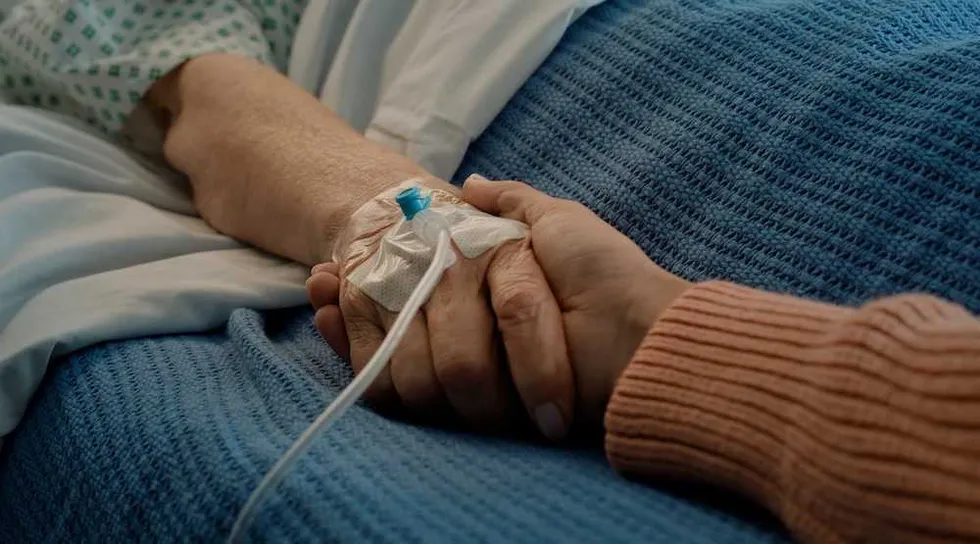 Photo by Bevan Goldswain via Getty Images
Photo by Bevan Goldswain via Getty Images
A nation that calls itself compassionate must prove it, not only in speeches and foreign aid but in how it treats the most vulnerable under its own roof. Scripture reminds us that we will be judged by how we care for “the least of these” (Matthew 25:40). Caregivers live that command daily, bearing one another’s burdens (Galatians 6:2) and reflecting the heart of God in the most ordinary, extraordinary ways.
As I often remind fellow caregivers, healthy caregivers make better caregivers. Our terms do not expire. Our loved ones do. But we must make sure we do not — not emotionally, not spiritually, not physically, and not fiscally. Strengthening those who bear this work strengthens families.
Strong families build stronger communities, and stronger communities sustain a strong nation. As Thomas Jefferson wrote, “The care of human life and happiness, and not their destruction, is the first and only object of good government.”
Originally Published at Daily Wire, Daily Signal, or The Blaze
What's Your Reaction?
 Like
0
Like
0
 Dislike
0
Dislike
0
 Love
0
Love
0
 Funny
0
Funny
0
 Angry
0
Angry
0
 Sad
0
Sad
0
 Wow
0
Wow
0
